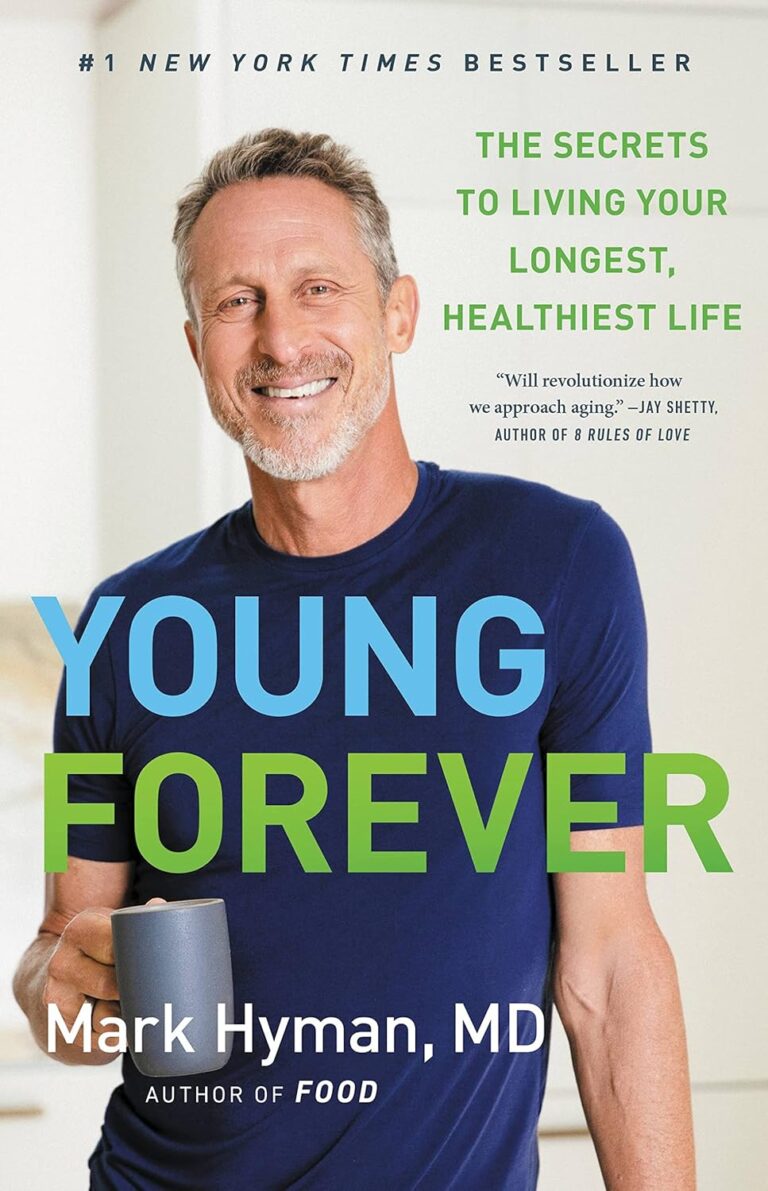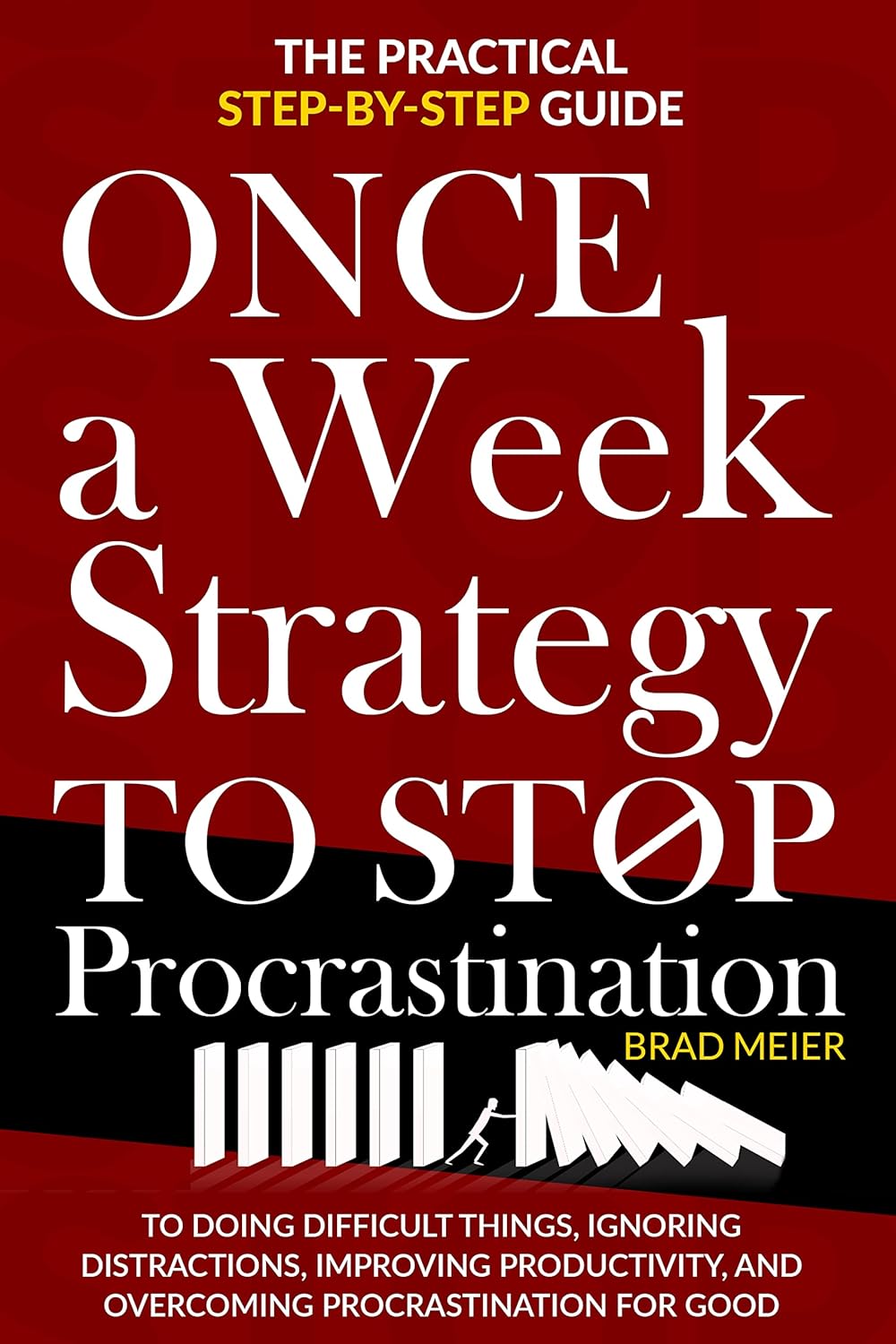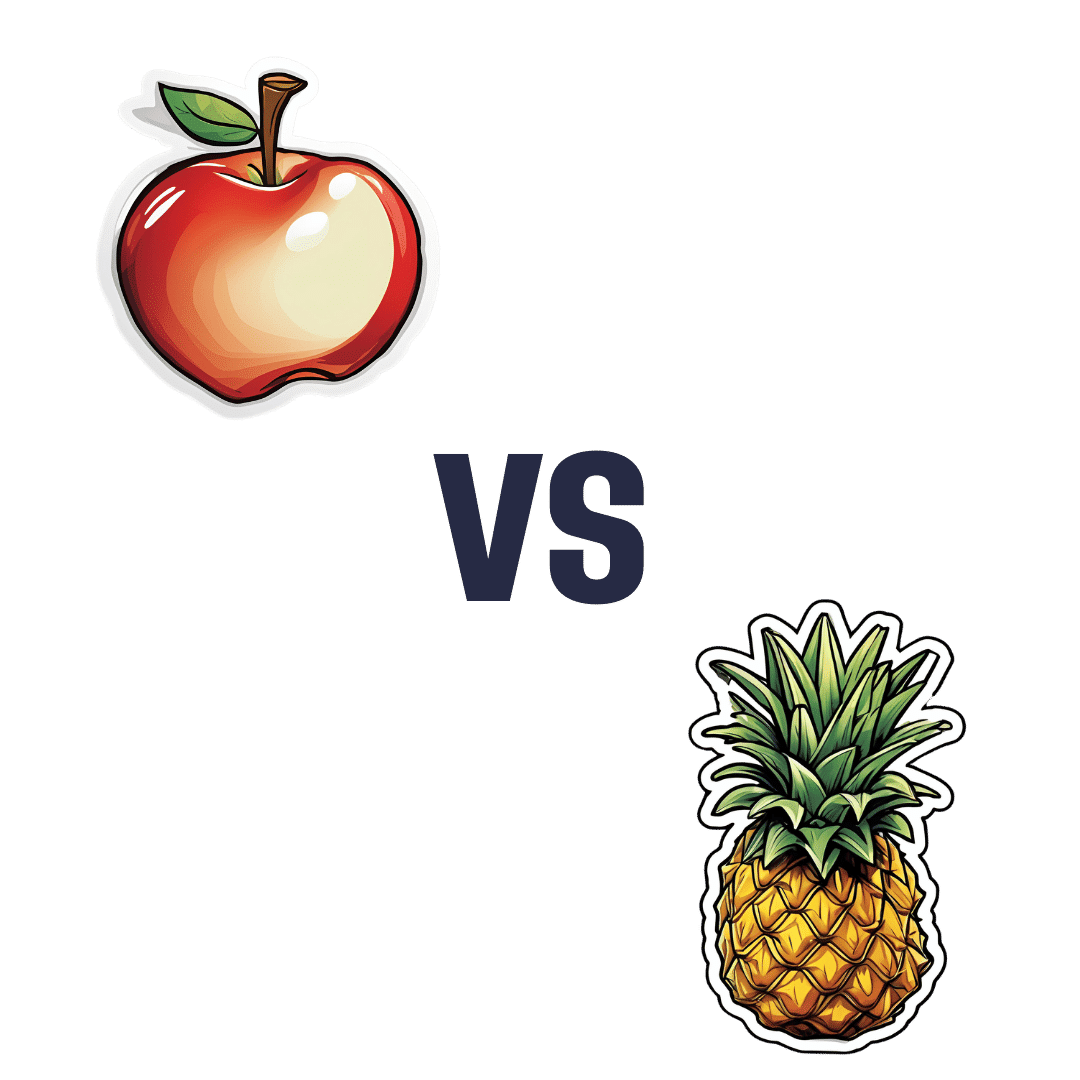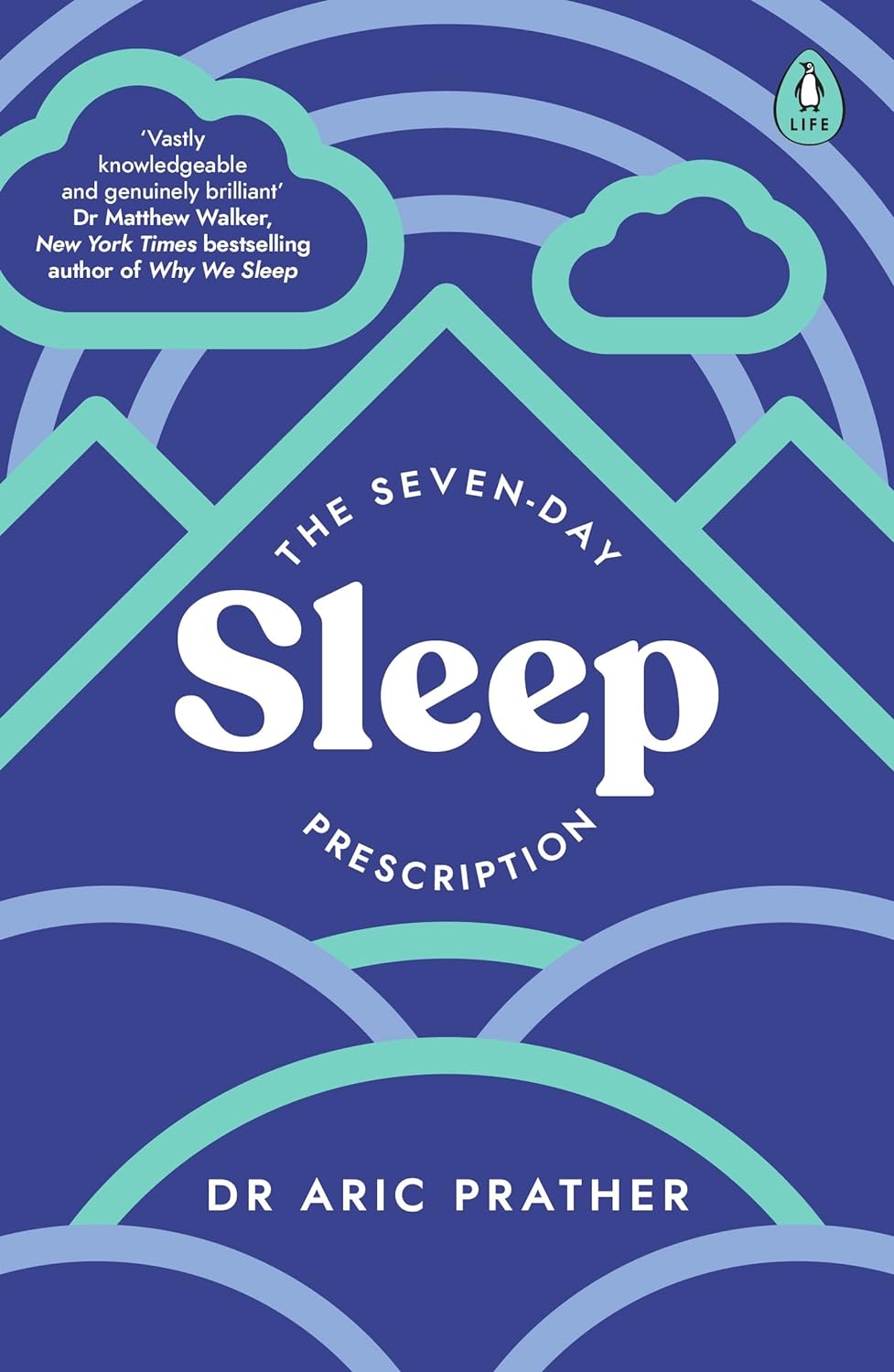
Brain Food – by Dr. Lisa Mosconi
10almonds is reader-supported. We may, at no cost to you, receive a portion of sales if you purchase a product through a link in this article.
We know that we should eat for brain health, but often that knowledge doesn’t go a lot further than “we should eat some nuts… but also not the wrong nuts, which would be bad”.
However, as Dr. Lisa Mosconi lays out for us, there’s a lot more than that!
This book is as much a treatise of brain health in the context of nutrition, as it is a “eat this and avoid that” guide.
Which is good, because our brains don’t exist in isolation, and nor do the nutrients that we consume. Put it this way:
We have a tendecy to think of our diets as a set of slider-bars, “ok, that’s 104% of my daily intake of fiber, I need another 10g protein and that’ll be at 100%, I’ve had 80% of the vitamin C that I need, and…”
Whereas in reality: much of what we eat interacts positively or negatively with other things, and thus needs to be kept in balance. And not only that, but other peri-nutritional factors play a big part too! From obvious things like hydration, to less obvious things like maintaining good gut microbiota, our brains rely on us to do a lot of things for them.
This book is very easy-reading, though a weakness is it doesn’t tend to summarise key ideas much, give cheat-sheets, that sort of thing. We recommend reading this book with a notebook to the side, to jot down things you want to attend to in your own dietary habits.
Bottom line: this is an excellent overview of brain health in the context of nutrition, and is more comprehensive than most “eat this for good brain health and avoid that” books.
Click here to check out “Brain Food” on Amazon and treat your brain like it deserves!
Don’t Forget…
Did you arrive here from our newsletter? Don’t forget to return to the email to continue learning!
Recommended
Learn to Age Gracefully
Join the 98k+ American women taking control of their health & aging with our 100% free (and fun!) daily emails:
-
Fall Special
10almonds is reader-supported. We may, at no cost to you, receive a portion of sales if you purchase a product through a link in this article.
Some fall-themed advice…
It is now, nominally at least, fall. We’re going to talk about the other kind of “fall” though, the kind that results in broken hips and more.
If you’re thinking “not me; that happens to older more infirm people”, rest assured, it can and statistically probably will happen to you at some point. So, how to play the odds?
First, be robust!
We may not be able to make ourselves like children who bounce easily, but we also don’t have to crumble into dust at the slightest knock, either. There are two important ways we can start to make ourselves robust from the inside out, and they are simple: diet and exercise.
- Diet: The Bare-Bones Truth About Osteoporosis
- Exercise: Osteoporosis Exercises
“But I don’t have osteoporosis”—great! But osteoporosis is preceded by osteopenia, which is generally asymptomatic at first, and also if we’re not very careful about it, we will lose about 1% bone density per year from the age of about 35 onwards, with that rate of loss climbing sharply from the age of 50 onwards, and even more steeply in cases of untreated menopause.
So in other words, don’t take your bone strength for granted; there’s a first time for everything, and you don’t want to find out the hard (and yet, dare we say it, brittle) way.
Second, be dynamic!
Be able to fall and get up safely. If your later life is going to be a triathlon of things you need to train for now, then being able to fall and get up safely should be at the top of the list.
Being able to “deep squat” will help you a lot here, in being able to get up with minimal (or no) use of your hands. We shared a great instructional video about this last week.
It also means that the more your lower body can still take your weight while your torso is closer to the ground (without your legs buckling and collapsing, for instance), the softer and gentler you’ll hit the floor if you do fall, because the final “drop” will be from a lower height.
If at all possible, consider taking some classes of a martial art that involves safely falling—aikido is typically the softest and gentlest and is famously great for people of all ages, but judo or jujitsu will suffice if aikido isn’t available where you are. You don’t have to get a black belt (unless you want to), and any decent instructor will be happy to guide you through the basics of safely falling and then send you on your merry way, if that’s all you wanted.
The benefits of this are twofold:
- Obviously, if you fall, you will have better technique and thus be less likely to incur injury
- As you are falling, you will be less afraid, and thus less likely to tense up mid-fall (tensing up will exacerbate any falling injury)
Click here to find an aikido teacher near you (you can search by country, state, and city)
Third, be balanced!
Spending even just a few minutes each day working on your balance can go a long way.
Standing on one leg (and then the other) is a very good obvious starting point. Please, do so safely. The shower is not the best place to take up this practice, for instance. A nice safe grassy area is great. Your carpeted living room or bedroom is next-best.
Another great approach is the practice of bāguàzhǎng circle-walking.
Bāguà is tai chi’s lesser-known cousin, and those arts are two of the three main schools of wǔdāngquán. But, fear not, you don’t have to don orange robes and live atop the Wudang mountains to get what you need in this case.
To give a text-based summary: bāguàzhǎng circle-walking involves walking in a small circle, with a low center of gravity, moving one’s weight very purposefully from one leg to the other, keeping complete stability the whole time that one is (often!) on one leg.
Once you get good at this, you’ll see that this is essentially a super-enhanced version of the “standing on one leg” exercise, because it’s about keeping balance while on one leg, and/but while moving also.
Naturally, if you do get good at this, you’ll be very unlikely to fall in the first place.
Here’s a visual primer. This video will show the basic footwork, and the video that follows it (it’ll prompt you if you want to watch it) shows how to bring it up to a standard walking speed, without losing fluidity of movement:
Share This Post
-
Once-A-Week Strategy to Stop Procrastination – by Brad Meir
10almonds is reader-supported. We may, at no cost to you, receive a portion of sales if you purchase a product through a link in this article.
Procrastination is perhaps the most frustrating bad habit to kick!
We know we should do the things. We know why we should do the things. We want to do the things. We’re afraid of what will happen if we don’t do the things. And then we… don’t do the things? What is going on?!
Brad Meir has answers, and—what a relief—solutions. But enough about him, because first he wants to focus a little on you:
Why do you procrastinate? No, you’re probably not “just lazy”, and he’ll guide you through figuring out what it is that makes you procrastinate. There’s an exploration of various emotions here, as well as working out: what type of procrastinator are you?
Then, per what you figured out with his guidance, exercises, and tests, it’s time for an action plan.
But, importantly: one you can actually do, because it won’t fall foul of the problems you’ve been encountering so far. The exact mechanism you’ll use may vary a bit based on you, but some tools here are good for everyone—as well as an outline of the mistakes you could easily make, and how to avoid falling into those traps. And, last but very definitely not least, his “once a week plan”, per the title.
All in all, a highly recommendable and potentially life-changing book.
Grab Your Copy of “Once-A-Week Strategy to Stop Procrastination” NOW (don’t put it off!)
Share This Post
-
Vitamin D2 vs Vitamin D3: What You Would Benefit From Knowing
10almonds is reader-supported. We may, at no cost to you, receive a portion of sales if you purchase a product through a link in this article.
It’s Q&A Day at 10almonds!
Have a question or a request? We love to hear from you!
In cases where we’ve already covered something, we might link to what we wrote before, but will always be happy to revisit any of our topics again in the future too—there’s always more to say!
As ever: if the question/request can be answered briefly, we’ll do it here in our Q&A Thursday edition. If not, we’ll make a main feature of it shortly afterwards!
So, no question/request too big or small 😎
❝Hi, is there any important difference between vitamin d2 and vitamin d3? Is one better than the other?❞
There is indeed! And one is better than the other!
Where they come from
You’ll find a lot of sources that will tell you “Vitamin D2 is from plants, D3 is from animals”, and in fact only the second half of that is true.
In nature, there are no plants that are known to produce vitamin D.
Vitamin D2, however, is produced by many fungi, as well as algae, neither of which are part of the Kingdom Plantae.
Vitamin D3, meanwhile, is produced by many animals (including humans).
When “the sun” is sometimes considered a source of vitamin D, that’s true only insofar as the sun is also a source of tomatoes, for example, which required the sun to grow. While we humans (and other animals) cannot photosynthesize in general, producing vitamin D is something we can do if exposed to UV light (such as from the sun).
However, of course exposure to UV light (such as from the sun) comes with other problems, so… Should we get sun exposure or not?
We weighed up the balance of evidence, here: The Sun Exposure Dilemma
If, like this writer, you are a mostly crepuscular being who avoids the sun, we have good news: mushrooms can do the sunbathing for us!
❝Exposing mushrooms to UV (from sunlight or in a laboratory) increases the amount of vitamin D in mushrooms by nearly eightfold. Putting five store-bought button mushrooms in the sun, or just one portobello mushroom, produces 24 µg of vitamin D, which translates to nearly 1000 international units, providing the amount of vitamin D one needs in an entire day, and the equivalent found in most vitamin D supplements.
If you’re wondering if the vitamin D from mushrooms actually makes it into your bloodstream, it does. A recent meta-analysis of randomized controlled trials showed that tanned (UV-exposed) mushrooms may be effective in increasing active vitamin D levels in adults with low levels of vitamin D, and studies (randomised controlled trials) have shown that it may be just as effective as supplements at increasing vitamin D levels in the blood (here, and here).
Some research is very positive, saying that putting your mushrooms in direct sunlight for 10–15 minutes may provide you with 100% of your daily vitamin D needs, and the vitamin D content in sunlight-exposed mushrooms may be retained with refrigeration for up to 8 days.
The production of vitamin D may be increased by a further 30% by placing them in the sun with the underside, or gills, facing up, or by 60% if you slice them.❞
Read all about it: Tan your mushrooms, not your skin
Which is better?
In few words: D3 is better.
They both do the exact same job, but with D3, you simply get more bang-for-buck:
❝The WMD in change in total 25(OH)D based on 12 daily dosed vitamin D2-vitamin D3 comparisons, analyzed using liquid chromatography-tandem mass spectrometry, was 10.39 nmol/L (40%) lower for the vitamin D2 group compared with the vitamin D3 group.
Vitamin D3 leads to a greater increase of 25(OH)D than vitamin D2, even if limited to daily dose studies, but vitamin D2 and vitamin D3 had similar positive impacts on their corresponding 25(OH)D hydroxylated forms.❞
Note: “WMD” here means “weighted mean difference”, not “weapons of mass destruction”
About that “and importance of BMI”, by the way: in persons with a BMI >25, there was no longer a difference between the two forms. Literally, no difference at all; the difference was reduced to 0%.
Another study found similarly, but with different numbers (finding a greater difference), and without recording BMI as a factor:
❝D3 is approximately 87% more potent in raising and maintaining serum 25(OH)D concentrations and produces 2- to 3-fold greater storage of vitamin D than does equimolar D2.❞
See the paper: Vitamin D3 Is More Potent Than Vitamin D2 in Humans
“Well that sucks, because I’m vegan”
Fear not, you can get vegan D3 too.
Much like “you can’t get vegan B12” (but you can; it’s made by yeast), there are vegan D3 supplements, made by lichen.
The trouble with lichen, when it comes to classifying it, it that it’s actually a hybrid colony of many small, strange things (beyond the scope of this article, but they are fascinating, so this writer is holding herself back by the scruff of the neck from explaining in detail), some of which are technically part of Kingdom Animalia, but it is hard to find even the most ardent vegan who will object to consuming bacteria, for example.
Want to try some?
We don’t sell it, but here for your convenience is an example product on Amazon 😎
But watch out with the doses, if supplementing vitamin D in either form, because…
Vit D + Calcium: Too Much Of A Good Thing? ← this also talks about safe and effective doses, and what goes wrong if you take too much
Take care!
Share This Post
Related Posts
-
Apple vs Pineapple – Which is Healthier?
10almonds is reader-supported. We may, at no cost to you, receive a portion of sales if you purchase a product through a link in this article.
Our Verdict
When comparing apple to pineapple, we picked the pineapple.
Why?
An apple a day may keep the doctor away, but pineapples are heavier and armored and spiky and generally much more intimidating.
More seriously, apples are great but we say pineapples have the better nutritional and phytochemical properties overall:
In terms of macros, actually apples win this first round, albeit marginally; the two fruits are equal on carbs, while apple has a little more fiber and pineapple has a (very) little more protein. This makes the fiber content the deciding factor, so apples do win this one, even if by just 1g/100g difference.
When it comes to vitamins, however, apples have more of vitamins E and K, while pineapple has more of vitamins A, B1, B2, B3, B5, B6, B7, B9, C, and choline. The margins of difference are equally generous on both sides, so this is a clear and overwhelming win for pineapple (including 10x more vitamin C than apples, which are themselves considered a good source of vitamin C)
In the category of minerals, apples have slightly more phosphorus, and pineapple has a lot more calcium, copper, iron, magnesium, manganese, potassium, selenium, and zinc. Another easy win for pineapple.
Pineapples are not only also higher in polyphenols, but also contain bromelain, a powerful anti-inflammatory group of enzymes that are unique to pineapple—you can read about it in the link below!
Meanwhile, pineapple wins the day in our head-to-head here, but as ever when it comes to a plurality of healthy things, do enjoy either or both! Diversity is good.
Want to learn more?
You might like to read:
Bromelain vs Inflammation & Much More
Enjoy!
Don’t Forget…
Did you arrive here from our newsletter? Don’t forget to return to the email to continue learning!
Learn to Age Gracefully
Join the 98k+ American women taking control of their health & aging with our 100% free (and fun!) daily emails:
-
Probiotics & Gas/Bloating
10almonds is reader-supported. We may, at no cost to you, receive a portion of sales if you purchase a product through a link in this article.
It’s Q&A Day at 10almonds!
Have a question or a request? We love to hear from you!
In cases where we’ve already covered something, we might link to what we wrote before, but will always be happy to revisit any of our topics again in the future too—there’s always more to say!
As ever: if the question/request can be answered briefly, we’ll do it here in our Q&A Thursday edition. If not, we’ll make a main feature of it shortly afterwards!
So, no question/request too big or small 😎
❝I read about probiotics and got myself some from amazon but having started them, now I have a lot of gas, is this normal?❞
As Tom Jones would say: it’s not unusual.
However, it’s also not necessary, and it is easy enough to get past!
And probiotics certainly have their place; see: How Much Difference Do Probiotic Supplements Make, Really?
What’s going on with your gas is…
We interrupt this article to bring back attention to our regular legal/medical disclaimer; please do remember that we can only speak in general health terms, cannot diagnose you, nor make any firm assurances about your health, nor prescribe treatment. What we can do is share information that we hope is educational, and if it helps you, so much the better. Always speak to your own doctor if you have concerns about your health.
Now, back to the article,,,
What’s going on with your gas is most probably what happens for a lot of people: you’ve just put a lot of bacteria into your gut, and congratulations, they survived (which is definitely not a given, more on that later, but their survival is what you wanted), and they are now thriving sufficiently that the output of their respiratory processes is tangible to you—in the form of abdominal bloating/gas.
Because your gut is a semi-closed system (literally there’s an opening at both ends, but it’s mostly quite self-contained in terms of its ecosystem, unless you have leaky gut syndrome, which is Very Bad™), this will generally fix itself within a few days at most—perhaps it even has by the time you’re reading this.
How does it fix itself you wonder? Because there’s only enough resources to sustain so many bacteria, what happens when we take a probiotic supplement (or food) is initially an overload of more bacteria than the gut can support (because unless you recently took antibiotics, the gut is pretty much always running at maximum capacity, because the bacteria there have no evolutionary reason to leave room for newcomers; they just multiply as best they can until the resources run out), and then the excess (i.e., those that are in excess of how many your gut can support) will die, and then the numbers will be back to normal.
Note: the numbers will be back to normal. However, that doesn’t mean the probiotics did nothing—what you’ve done is add diversity, and specifically, you’ve made it so that percentage-wise, you now have slightly more “good” bacteria in the balance than you did previously.
So, unless there are factors out of the ordinary: this is all usually self-correcting quite quickly.
Tips to make things go as smoothly as possible
Firstly, pay attention to recommended doses. If you take one, and think “that was delicious; I’ll have six more” then the initial effect will be a lot more than six times stronger, because of the nature of how bacteria multiply (i.e. exponentially) within minutes of reaching your gut.
Again, this will normally self-correct, but there’s no reason to cause yourself discomfort unnecessarily.
Secondly, if you take probiotics and do not get even a little gas or abdominal bloating even just a little bit, even just briefly… Then probably one of two things happened:
- The probiotics were dead on arrival (i.e. the supplement was a dud, or a “live culture” product in fact died before it got to you)
- The probiotics were fine, but your gut wasn’t prepared for them, and they died upon arrival
The latter happens a lot, especially if the current gut health is not good. What your probiotics need to survive (and bear in mind, because of their life cycle, they need this in minutes of arrival, which is their multiply-or-die-out window), is:
- Fiber, especially insoluble fiber
- In a place they can get at it (i.e. it was the most recent thing you ate, and is not several feet further down your intestines)
- Not too crowded with competitors (i.e. you just ate it, not last night)
Thus, it can be best to take probiotics on a mostly-empty stomach after enjoying a fibrous snack.
See also: What Do The Different Kinds Of Fiber Do? 30 Foods That Rank Highest
And for that matter: Stop Sabotaging Your Gut ← this covers some common probiotics mistakes/problems
If you’d rather take them on an entirely empty stomach, look for probiotic supplements that come with their own prebiotic fiber (usually inulin); these are often marketed as “symbiotics”.
We don’t sell them, but here’s an example product on Amazon for your convenience 😎
Another thing to bear in mind is that there is (unless your case is unusual) no reason to take the same kind of probiotic for more than one course (i.e. one container of however many servings it has). This is because one of two things will be the case:
- The probiotic worked, in which case, you now have thriving colonies of the bacterial species that that supplement provided
- The probiotic didn’t work, in which case, why buy that one again?
So, if supplementing with probiotics, it can be good to do so with new brand each time, with a gap in between each for your gut to get used to the new order of things.
Finally, if you’re making any drastic dietary change, likely this will result in similar gut disturbances.
In particular, if you are moving away from foods that feed C. albicans (the bad fungus that puts holes in your gut), then it will object strongly, cause you to crave sugar/flour/alcohol/etc, give you mood swings, and generally remind you that it has its roots firmly embedded in your nervous system. If that happens, don’t listen to it; it’s just its death throes and it’ll quieten down soon.
You can read more about that here:
Making Friends With Your Gut (You Can Thank Us Later)
Take care!
Don’t Forget…
Did you arrive here from our newsletter? Don’t forget to return to the email to continue learning!
Learn to Age Gracefully
Join the 98k+ American women taking control of their health & aging with our 100% free (and fun!) daily emails:
-
The Seven-Day Sleep Prescription – by Dr. Aric Prather
10almonds is reader-supported. We may, at no cost to you, receive a portion of sales if you purchase a product through a link in this article.
You probably already know about sleep hygiene. So, what does this book have to offer?
Dr. Aric Prather offers seven days’ worth of adjustments, practices to take up, from when you get up in the morning to when you lay your head down at night.
Some you’ll surely be familiar with, like avoiding blue light and social media at night.
Others, you might not be familiar with, like scheduling 15 minutes for worrying in the daytime. The rationale for this one is that when you find yourself inclined to worry at a time that will keep you awake, you’ll know that you can put off such thoughts to your scheduled “worrying time”. That they’ll be addressed then, and that you can thus sleep soundly meanwhile.
Where the book really comes into its own is in such things as discussing how to not just manage sleep debt, but how to actually use it in your favour.
Nor does Dr. Prather shy away from the truths of our world… That the world these days is not built for us to sleep well. That there are so many other priorities; to get our work done, to succeed and achieve, to pay bills, to support our kids and partners. That so many of these things make plenty of sense in the moment, but catch up with us eventually.
Bottom line: what this book aims to give is a genuinely sustainable approach to sleeping—controlling what we can, and working with what we can’t. If you’d like to have a better relationship with sleep, this book is an excellent choice.
Click here to check out the Seven-Day Sleep Prescription, and improve yours!
Don’t Forget…
Did you arrive here from our newsletter? Don’t forget to return to the email to continue learning!
Learn to Age Gracefully
Join the 98k+ American women taking control of their health & aging with our 100% free (and fun!) daily emails:







